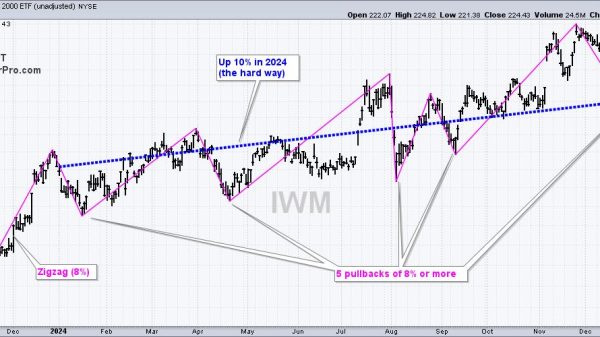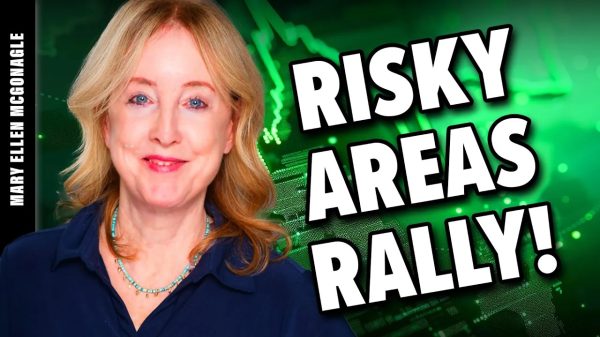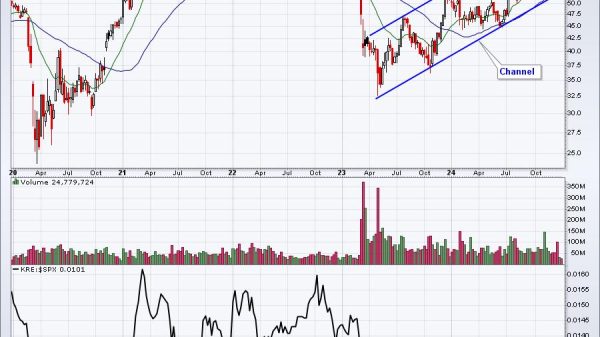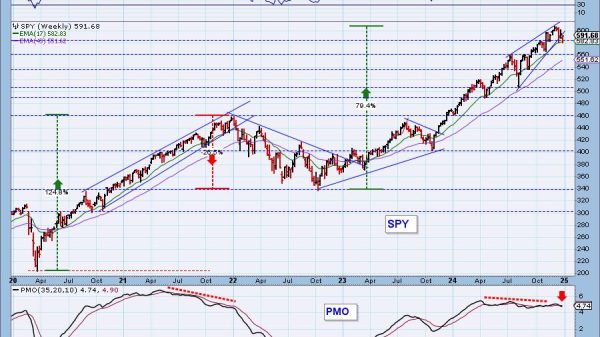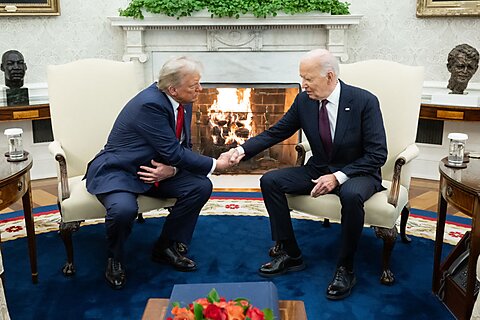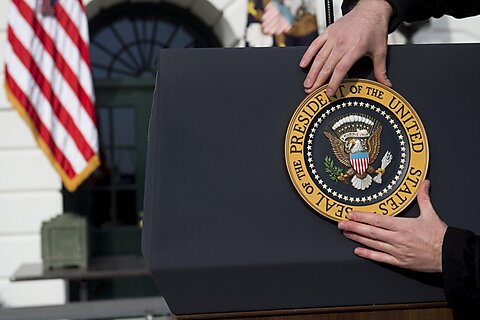David Inserra
The House Judiciary Committee recently released an 800+ page report detailing the efforts of the Biden White House to censor constitutionally protected speech and books by pressuring large tech companies. While the report covers some of the same ground as previous reporting, it adds new, damning conversations among high‐ranking tech executives, as well as more censorial demands from the White House.
And while it’s great that we are finding out about these new developments—where reporters and congressional committees can slowly extract bits and pieces of what the government demanded and how companies felt compelled to acquiesce—the American people deserve better. We need radical transparency from the government so that Americans know what the government is saying to private companies and what they are demanding be censored.
The report, The Censorship‐Industrial Complex: How Top Biden White House Officials Coerced Big Tech to Censor Americans, True Information, and Critics of the Biden Administration, shows that multiple tech companies, including Facebook, Amazon, and YouTube changed their policies—primarily around COVID-19—in response to pressure from the Biden White House.
In emails with his top executives, Meta CEO Mark Zuckerberg explicitly stated that Meta’s removal of the Lab Leak theory “seems like a good reminder that when we compromise our standards due to pressure from an administration in either direction, we’ll often regret it later.” Meta executives made clear that they felt compelled to change their policy to remove more COVID “misinformation” because they needed the administration to help them on other business issues, citing the “bigger fish to fry with the Administration—data flows, etc.” And doing nothing “doesn’t’ seem [like] a great place for us to be.”
When Biden officials reached out to Amazon, its teams worked to change their policy around vaccine‐critical books, citing “the impetus for this request is criticism from the Biden administration.” Amazon executives testified that they wanted to “accelerate” this policy change to be completed before a forthcoming call with the White House. Employees wrote that their work streams were “due to criticism from the Biden people.”
One week after contact with the White House, the new policy was in place, in time for the call with the White House. Further pressure from the White House promoted additional policy steps to limit certain types of anti‐vax content.
YouTube also felt pressured to change its COVID-19 misinformation policy with executives noting that assuaging the administration was important because the company, like Meta, wanted “to work closely with the administration on multiple policy fronts.” The White House staffers emphasized that their concerns were “shared at the highest (and I mean highest) levels of the White House.”
YouTube went so far as to give the administration a preview of the policy they were finalizing and requested feedback from the administration.
These companies clearly and consistently felt the pressure from the administration to change their policies to remove constitutionally protected speech. They felt they needed to comply because they interpreted the administration’s statements and actions as implicit threats—if the companies did not censor content, then other important parts of their business would suffer the wrath of the White House. It almost reads as if the government is implying “It’s a nice business you’ve got there.”
This approach should be concerning for everyone regardless of their political views. One could swap out the Biden administration actions on COVID-19 for the Trump administration on Black Lives Matter or pro‐Palestinian speech. Most people can see the danger in allowing their political opponents to have such power.
The left would not stand for a Trump White House secretly demanding that Facebook or YouTube remove or suppress certain Palestinian claims because they are “false,” “harmful,” or contributing to violence at campus protests. Imagine such demands being readily understood by executives at these companies as threats to their business that leave them with little choice but to comply.
Alternatively, progressives would rightly be enraged if then‐President Trump had pressured Amazon or another bookstore to remove Black Lives Matter or DEI‐themed books and then the store sent its new restrictive policy to Trump officials for feedback before launching it. We should apply the same standards to any administration, whether we agree or disagree with their beliefs.
This is wrong. No matter who is in the White House and no matter what type of speech is being suppressed.
The Supreme Court is currently reviewing Murthy v. Missouri and Vullo v. NRA, related cases of government censorship by proxy or “jawboning.” There are a variety of practical and legal considerations that can make it difficult to neatly draw the line between lawful government communications with companies and unlawful coercion and compulsion.
Of course, the government should be able to flag illegal activity on platforms or provide useful context to companies about a given situation or user. And blatant attempts to force companies to take down protected speech are wrong. But there is a grey area in which the government may believe it is only encouraging or suggesting enforcement actions or policy changes. But how do companies perceive such pressure, especially when it is sustained, strident, and coming from multiple parts of the government? These are difficult questions to thread the needle on. Draft a narrow standard for what governments are allowed to say and companies may miss out on truly helpful information from the government. Draft a broad standard and government jawboning can continue unabated.
Regardless of what the court decides, one of the greatest obstacles is the fact that so much of these communications—the helpful FYIs, the truly non‐aggressive requests for information, persuasive conversations, belligerent demands, coded or even explicit threats—happen in secret. It takes a multi‐billionaire buying a major social media company or years of investigation by a congressional committee to uncover some of what the government is doing to these companies.
Americans’ foundational right to express themselves free from government censorship should not hang on what the government does in secret. We need a system of transparency that requires government employees to report any time they request or encourage a private company to silence, suppress, or limit speech. We already demand that government employees report all sorts of other activities ranging from contacts with the media to foreign travel. Certainly, Americans’ expressive rights are worth the minor inconvenience to government employees who will need to fill out a short form whenever they try to have a company suppress American speech.
Such transparency has multiple benefits. First, the mere fact that government employees need to document their demands will curtail the worst sorts of government pressure. Sunlight is the best disinfectant. Second, a fulsome record of government communications with tech companies can inform policymakers and courts about the different ways that government actors communicate with companies, helping them identify potential limits or restrictions that could be placed on executive communications. And third, it means that specific individuals whose speech has been silenced as a result of government communication with tech companies have the evidence they need to defend their rights in the courts.
Americans of all beliefs, backgrounds, and politics deserve to have their expression protected from government interference. Defending this liberty requires shining a light on government communications with private companies.






